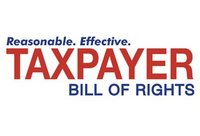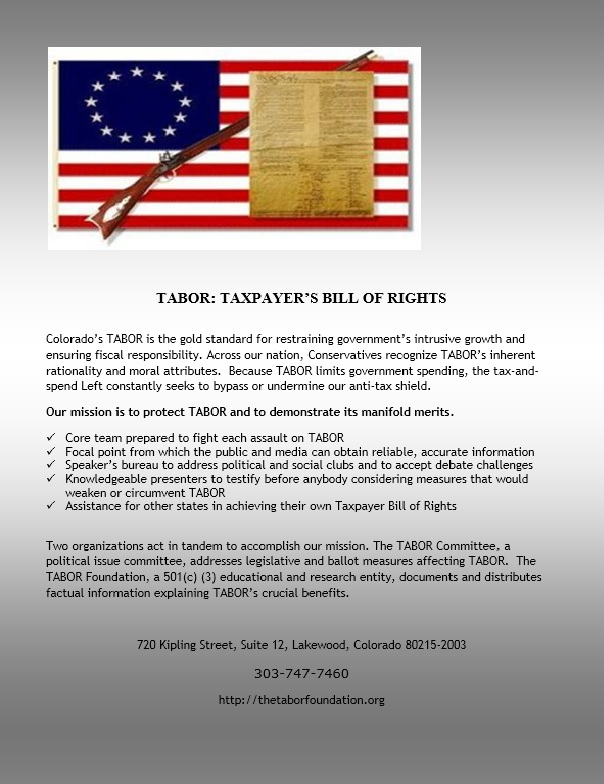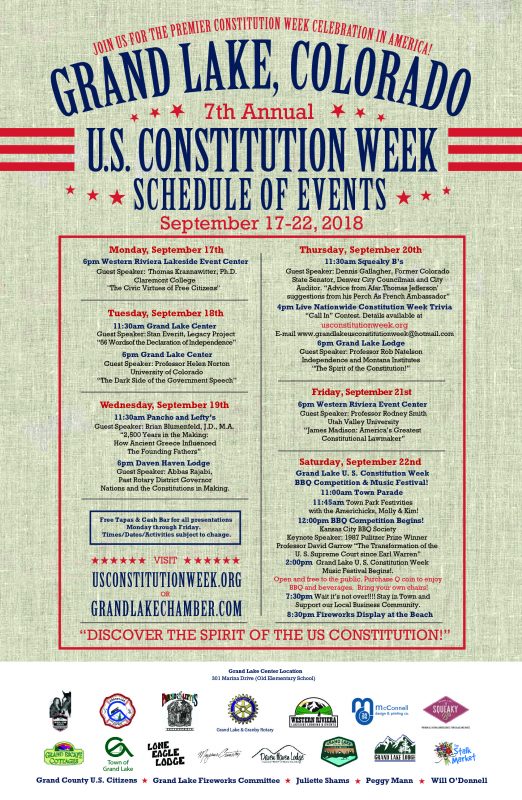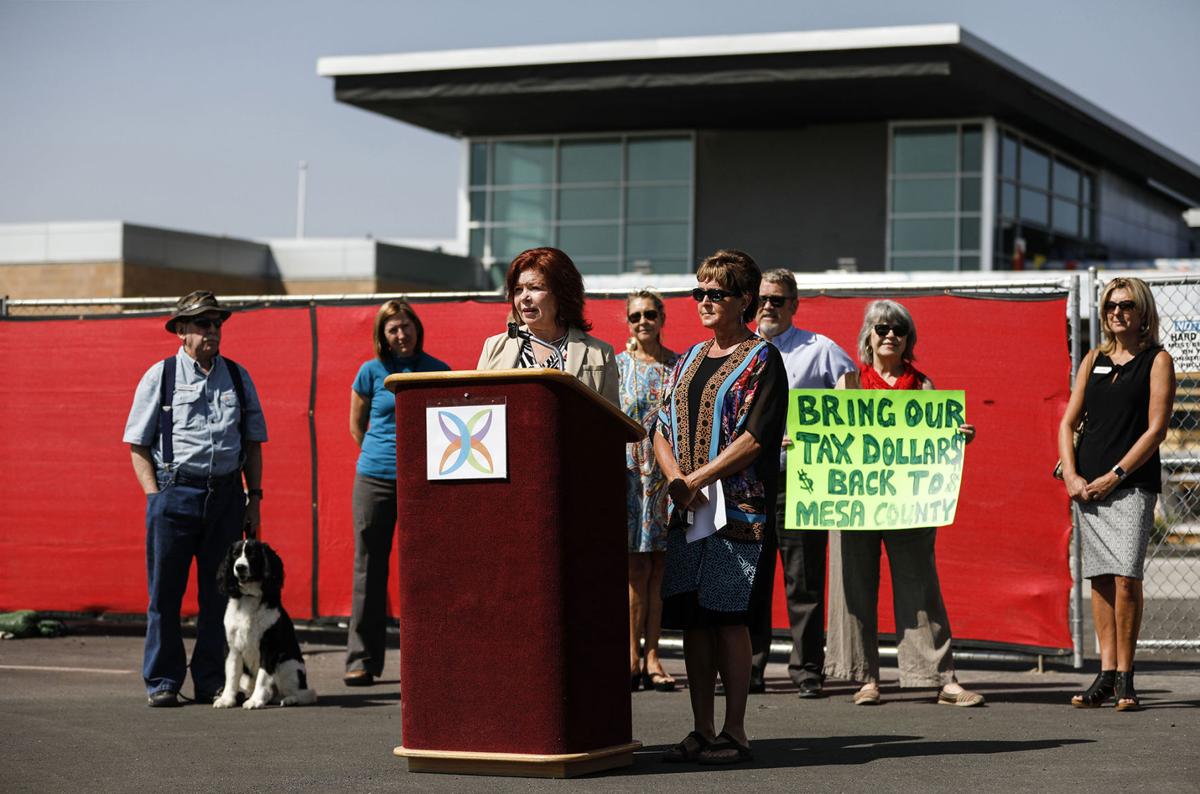Little-known flood-control district asks Denver metro voters for first tax hike
Urban Drainage and Flood Control District proposes tax-restoration measure on Nov. 6 ballot

Andy Cross, The Denver Post
Greenway Foundation educator Kate Ronan, right, checks Annalena Tylicki’s net for bugs and other living creatures she collected in the South Platte River during a SPREE day camp at the restored Johnson-Habitat Park on June 9, 2015. The restoration, which included improvements to reduce flood risk, was paid for partly by the Urban Drainage and Flood Control District.
By JON MURRAY | jmurray@denverpost.com | The Denver Post
September 13, 2018 at 6:00 am
In an election season full of proposed tax hikes, one of the less familiar ballot measures facing voters across the Denver metro area this fall comes from a regional district that aids dozens of cities and counties in flood control.
The little-known Urban Drainage and Flood Control District hasn’t asked for an increase in its property tax since its formation nearly five decades ago. That means it has actually lost ground, with its tax rate falling by 44 percent since the early 1990s under revenue growth limits in the voter-passed Taxpayer’s Bill of Rights.
On the Nov. 6 ballot, the district’s Ballot Issue 7G asks voters across its jurisdiction for permission to restore its full taxing authority, as many cities, counties and other special districts have done. The district covers 1,600 square miles across Denver and all or part of Boulder, Broomfield, Jefferson, Adams, Arapahoe and Douglas counties.
Next year, a partial increase is expected to generate $14.9 million. Further increases within the restored limit would be left up to the district’s board, made up of elected officials from around the region, the UDFCD says.
Once that happens, the full tax increase would raise an estimated $24 million a year, doubling the current funding level for projects and programs. The hit for the owner of a $400,000 home would be an extra $13 a year.
The flood-control district faces no organized opposition to its proposed tax increase, but it does face a big challenge: Most voters don’t know what the district is or what it does.
To read the rest of this Denver Post story, click (HERE):









